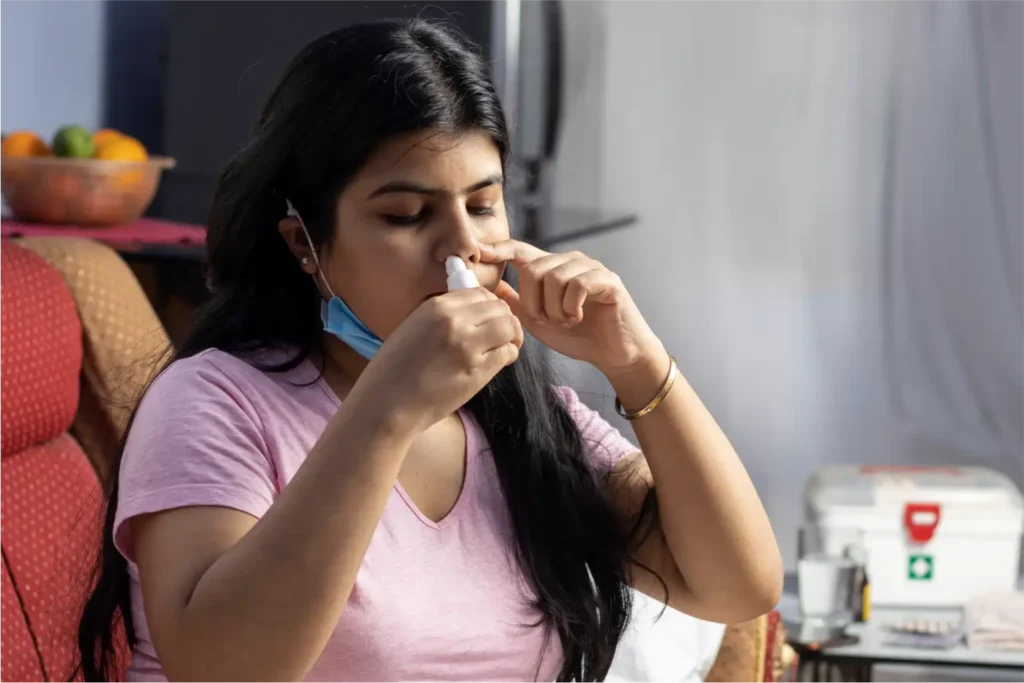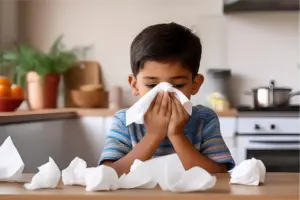
A new study by the Indian Council of Medical Research (ICMR) has raised red flags over seasonal-only surveillance of respiratory infections in Tamil Nadu, urging year-round monitoring of illnesses like Influenza-like Illness (ILI) and Severe Acute Respiratory Infections (SARI) to better detect and respond to future public health threats.
The study, published in Discover Health Systems, was conducted by researchers from ICMR’s National Institute of Epidemiology (NIE) in Chennai. It evaluated disease surveillance practices across four districts between 2023 and 2024.
Also Read | Andhra Pradesh taps AI to tackle dengue, malaria outbreaks
The study found that respiratory virus monitoring in Tamil Nadu intensifies only during specific seasons or outbreaks, despite the fact that such viruses circulate year-round. This leaves the state vulnerable to undetected viral activity that continues throughout the year, warned the researchers.
“Respiratory viruses don’t wait for seasons, and neither should our surveillance systems,” said Dr. Rizwan Suliankatchi Abdulkader, lead investigator of the study. “This is India’s first evidence-backed blueprint for strengthening surveillance at every level.”
Key findings revealed that while more than half the surveyed facilities reported ILI/SARI cases, only 42% routinely collected samples for lab testing. Primary and secondary care centres often lacked the necessary tools and infrastructure, while most testing remained concentrated in larger hospitals. Moreover, gaps were found in training: many healthcare workers, particularly at the community level, had not received targeted instruction on identifying or reporting respiratory illnesses.
The study called for a ‘One Health’ approach, which integrates data across human, animal, and environmental health sectors. Plans are underway in Tamil Nadu to establish a dedicated “One Health” secretariat and implement the Laboratory Information Management System (LIMS) to streamline sample management and improve coordination.
Globally, respiratory infections remain a leading cause of death. In 2021 alone, lower respiratory tract infections led to 2.18 million deaths, while influenza was linked to over 5 million hospitalisations. The Southeast Asia region, including India, is considered a hotspot for emerging and re-emerging infectious diseases.
The study was funded by the Department of Health Research, Ministry of Health and Family Welfare, Government of India, and is expected to help shape policy decisions for improved pandemic preparedness across the country.








